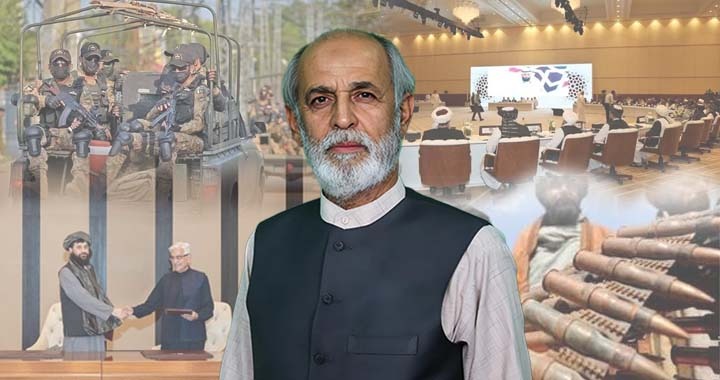The recent peace dialogue between Pakistan and Afghanistan in Doha marks a significant milestone in the ongoing effort to curb cross-border militancy. The Taliban’s assurance that Afghan soil will no longer be used against Pakistan is, at least diplomatically, a welcome step. More importantly, their acknowledgement of Pakistan’s right to act in self-defence if attacked is a major shift in narrative, and one that could pave the way for a new security framework in the region.
The agreement itself has drawn global attention. It is not a bilateral accord in isolation. Nations like Qatar, Turkey, Iran, and China have played vital roles as facilitators and guarantors of this process. Qatar, in particular, deserves credit for bringing both sides to the negotiating table. The upcoming meeting in Turkey on October 25 is expected to lay out the practical steps for implementing the agreement. There, both countries will likely reaffirm their commitments and explore confidence-building measures. If this process stays on course, the intensity of regional tensions may finally begin to subside.
That said, the challenges ahead are neither small nor simple.
Critics argue that the Taliban’s commitments may be superficial, designed merely to deflect short-term pressure. And that concern isn’t baseless. After all, the Taliban share ideological and historical ties with some of the very groups that target Pakistan. Yet, we must also understand that prolonged warfare has weakened all parties. The Taliban’s capacity for a drawn-out military conflict is limited. Peace, therefore, is also in their interest, at least to a certain extent.
The real question is not about the words of the agreement, but the sincerity behind them.
Since coming to power, the Afghan Taliban have attempted to reposition themselves, not as dependents of Pakistan, but as equals. This shift has complicated the traditional dynamics between the two sides. Pakistan, for its part, must manage these ties carefully, neither alienating its traditional allies nor ignoring new realities. Diplomatic engagement is rarely perfect. It doesn’t always yield immediate results. But it is often the only tool with the potential to deliver long-term stability.
Afghanistan is simultaneously pursuing a broader diplomatic strategy: engaging with Pakistan, India, Iran, and China. This multi-vector approach is meant to reinforce their image as a sovereign and independent state. While understandable from Kabul’s perspective, it also breeds suspicion — especially in Pakistan, where memories of past Indian involvement through Afghan soil remain fresh. India’s diplomatic reactivation in Afghanistan is not merely symbolic; it raises strategic alarms that cannot be ignored.
Then there’s the most pressing concern: Will the Taliban act against militant groups like Tehreek-e-Taliban Pakistan (TTP), who once fought alongside them during the U.S. withdrawal in 2021?
Here, Afghanistan’s tribal and cultural codes come into play. The Taliban often refer to such groups as “guests,” protected under Pashtunwali traditions, so long as they remain peaceful. But if Pakistan presents credible evidence — communications, digital footprints, or operational links — the burden will fall on the Taliban to act. This isn’t without precedent. After 9/11, when the U.S. demanded the handover of Osama bin Laden, the Taliban refused, citing the same code of hospitality.
Yet the stakes today are different.
The TTP is no longer just a threat to Pakistan’s tribal belt. Its activities have reached major urban centres. And it’s not just the TTP. Other regional actors such as ISIS-K, the Islamic Movement of Uzbekistan, and the East Turkestan Islamic Movement are also regrouping, often across porous borders. These groups benefit from local networks, outside funding, and in some cases, passive support. Left unchecked, their influence threatens not just Pakistan or Afghanistan, but regional stability as a whole.
Despite these complex layers, it is essential to replace accusation with evidence. Many terror incidents inside Pakistan have shown clear links to Afghan soil. However, raising allegations without proof only fuels mistrust. Pakistan must take a smarter approach; present solid evidence at regional and international forums, build consensus, and hold Afghanistan diplomatically accountable if needed.
The Doha agreement may not be a guarantee of peace, but it’s an opportunity; a rare opening in a region shaped by decades of suspicion, interference, and conflict. Whether it succeeds or fails will depend on more than words. It will depend on action, honesty, and the political will to put an end to proxy games on both sides of the border.
Peace is possible. But only if everyone involved decides it’s worth more than leverage.





